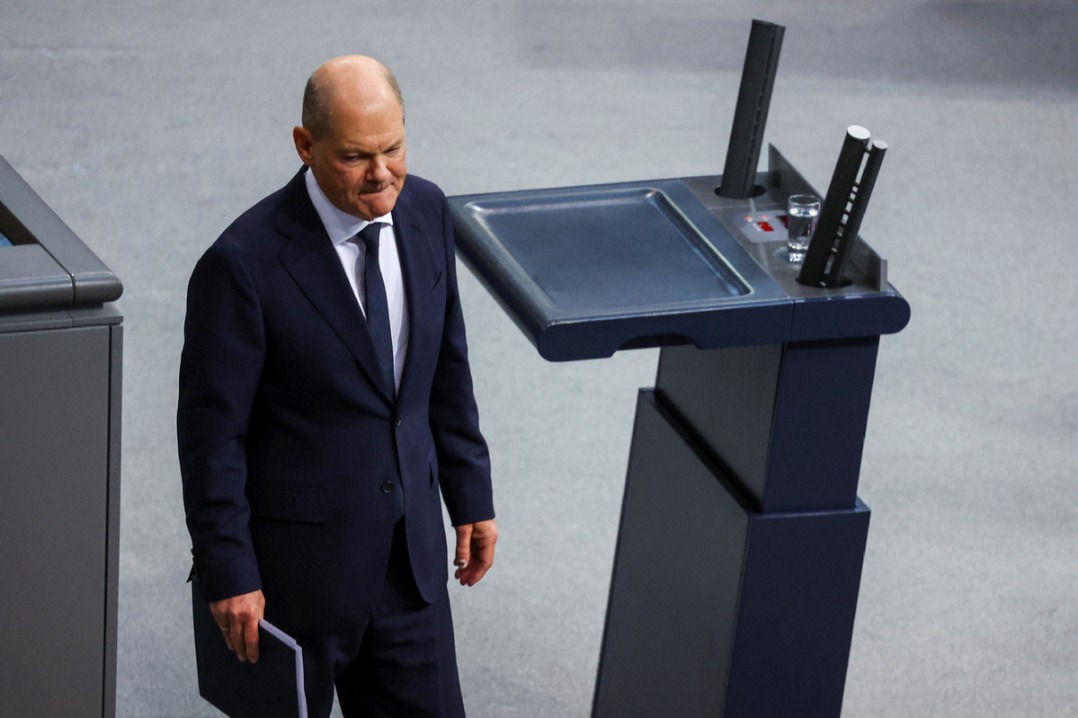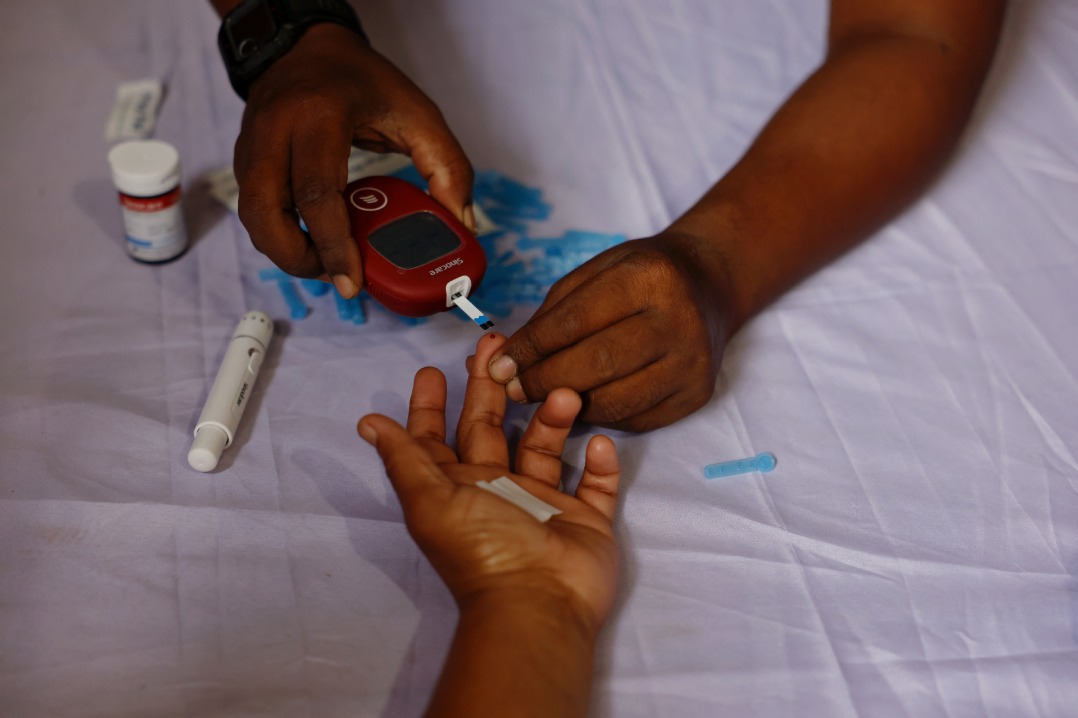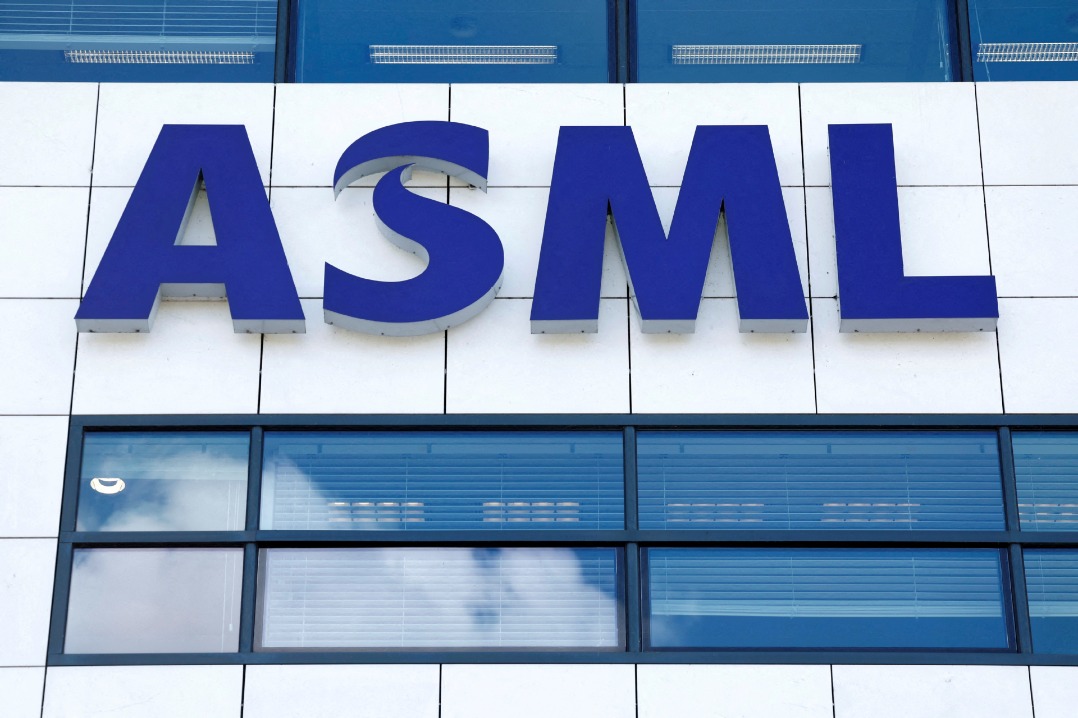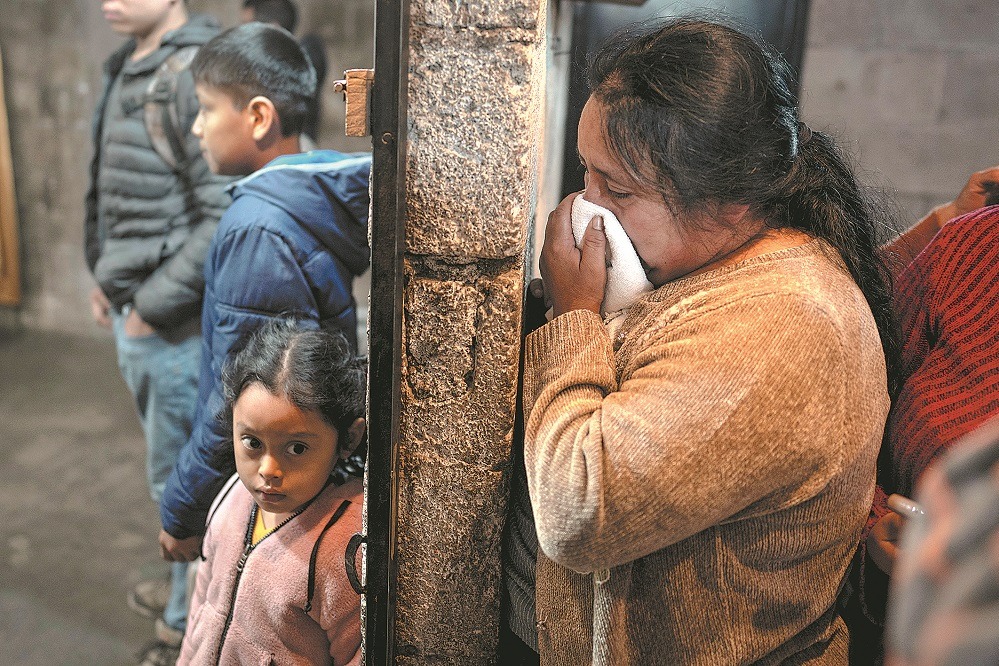Hotchpotch of EU curbs fuels worries across bloc


ROME-Responses to the COVID-19 Delta variant have varied in strictness in the European Union, sparking an economic boom in border towns with more relaxed policies, but perhaps at the cost of quickening the spread of the virus.
Health restrictions are strong and strictly enforced in France and Germany, but more relaxed in countries including Spain, Belgium and Italy, which may attract customers.
In Saint-Jans-Cappel, France, where proof of vaccination is required in restaurants and bars, and on long-distance trains and flights, restaurants are nearly empty, while across the border in Heuvelland, Belgium, where health rules are more relaxed, eateries are bustling, with many customers from France.
"Since the health rules went into effect (on) Aug 9, we have had very few customers," said Duyck Benedicte, a restaurateur in Saint-Jans-Cappel. "They prefer to eat in Belgium and be peaceful, without presenting a health pass."
"Things are better," said Antonio Ricci, manager of a restaurant outside San Remo, an Italian city on the Mediterranean coast that France and Italy share. "Let's just say I have started printing a lot more French-language menus than I did in the past," Ricci said.
The restrictions in France sparked protests involving more than 200,000 people.
Thousands marched in cities across the country on Saturday to protest against the COVID-19 health pass that is now required to access restaurants and cafes, cultural venues, sports arenas and long-distance travel.
For a sixth straight Saturday, opponents denounced what they see as a restriction of their freedom. Many said the French government is in effect making vaccines obligatory.
Germany, where infection rates have risen over the past five weeks, was prompted to require anyone except children under the age of 12 entering the country without proof of vaccination against COVID-19 to provide a negative test result from Aug 1.
New COVID-19 infections in Germany have reached their highest level in nearly three months amid a steady rise powered by the Delta variant.
Arousing concerns
The situation has aroused worries that the 26-year-old terms of the Schengen Agreement that abolished most internal EU border checks as a way of encouraging the free movement of labor and capital-one of the central principles of the EU-could be counterproductive in containing the virus.
The cross-border movement in the EU is "less than ideal" considering the 27-nation bloc's efforts to curb the spread of the virus, said Fabrizio Pregliasco, director of the Galeazzi Institute of Hospitalization and Scientific Care in Milan, calling it an "inevitable question of practicality "that health officials have to deal with.
"Until there is a uniform health policy across the EU we are going to see these kinds of discrepancies, and open borders mean people will take advantage of them," Pregliasco said.
"This kind of situation could be a factor in the spread of the virus, and local health officials in border areas will have to take the steps necessary to address problems that arise."
Xinhua - Agencies
































